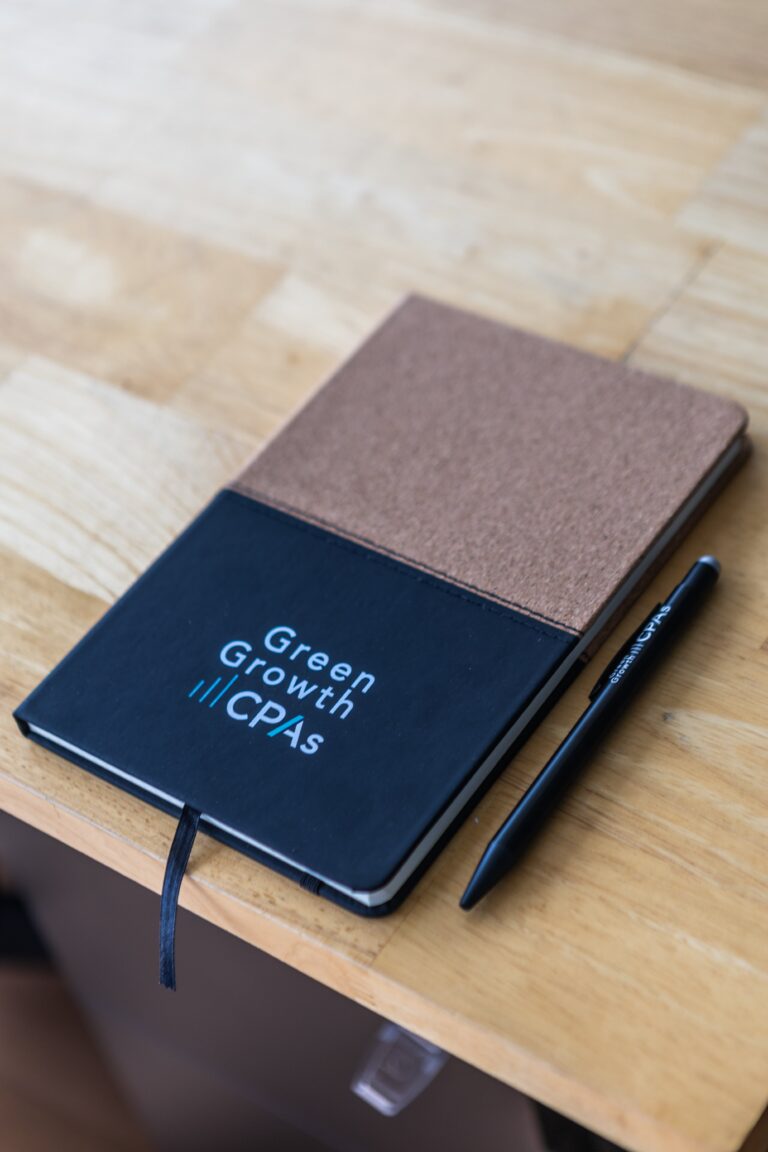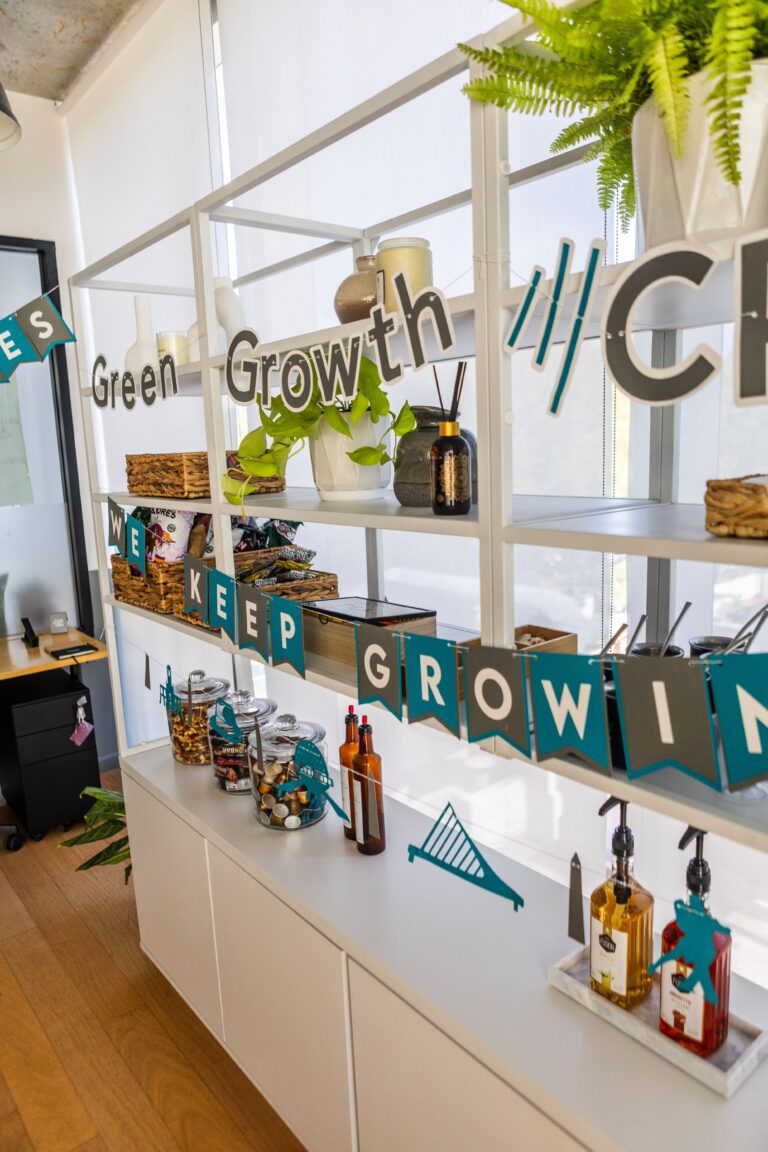Cannabis businesses that own their commercial real estate enjoy a unique opportunity to tap into a preferred source of financing.
Commercial real estate loans offer benefits over other higher-interest alternatives and provide cannabis owners who paid for properties with cash the opportunity to recapture equity.
The Benefits of Commercial Real Estate Loans
Borrowers often can lower monthly payment amounts by transitioning unsecured business lines and bridge loans into longer-term commercial real estate loans. For instance, Boulder Equity Partners offers loan terms of 5,7, or 10 years with payments amortized over 25 years. The savings on monthly debt service then can be utilized to expand business income.
The cost of financing can be reduced using commercial real estate loans. It is common in today’s market to pay 12-20% for interest on cannabis business lines and interest-only bridge loans. Interest on long term real estate loans currently is much lower – 6.46% in the case of Boulder Equity Partners — reducing the costs of capital.
Commercial properties continue to perform well and maintain value despite recent economic factors, according to recent market reports. Business owners who paid cash or took out expensive bridge loans to purchase their commercial properties now have an opportunity to recapture some of that equity through a cash-out refinance. Equity otherwise sitting idle can be applied to expanding the business. Those with multiple locations can leverage equity to pay for a new property purchase.
Many alternative loans require extensive collateralization. A commercial real estate loan is secured on only one asset. Other assets remain unencumbered.
Set the Stage for Cannabis Funding
Cannabis real estate loans will be impacted by borrower qualifications like credit, income, and liquidity. In addition, lenders look at the borrower’s level of experience in the business. In that way, cannabis real estate loans are like any other commercial real estate financing. A dispensary property, for example, is simply a retail asset in the eyes of a lender.
Where cannabis real estate loans tend to differ from traditional loans is in the valuation of the property. The appraised value of the property will control many aspects of the loan, including the amount available to fund and the cash-out – referred to as loan-to-value or LTV.
If you run the numbers, cannabis properties, especially when leased out, tend to have inflated value from the market perspective. Part of this issue is that some appraisers use other Cannabis properties as comparables in their report, further inflating the value of the property. Another contributing factor is the high rent that cannabis can command. Resulting in artificial inflated values when the Income Approach is used in valuations.
Repurposing Cannabis Commercial Property
But lenders need to look at the grim reality that, if the business were to fail, the property potentially would need to be repurposed for non-Cannabis uses. For that reason, lenders take a broader view of the market comparables.
Properties that are purpose-built for cannabis grow or dispensary operations are likely to qualify for the lowest loan-to-value. Traditional commercial properties that have been retrofitted for Cannabis but retain the structure to be repurposed will be more lender friendly.
The same rule applies when considering the location of the property. Many cannabis operations are located away from large metro areas. That is a harder sell for commercial real estate financing. The property does not need to be in the city. Although, if the property is isolated away other businesses of any type, it will be difficult for the lender to find market comparables, and they may decline to take the risk.
Planning ahead, choosing a property that is amenable to more than one use, not purpose-built for cannabis, and located in a stable commercial market will yield the best results.
Which Properties Qualify for Commercial Real Estate Loans?
Adaptive reuse refers to repurposing existing buildings to accommodate a different business purpose – converting a tire dealership into a cannabis dispensary, for example. This is a common strategy for cannabis businesses and an acceptable practice for lenders, who will be looking primarily at the value of the building. Cannabis owners can repurpose existing warehouse, retail, or light industrial buildings.
However, commercial real estate loans generally are not available for land with no improvements – no physical structures that stay with the property. Greenhouses fall into that category, and generally cannot be funded.
Properties that are in largely rural areas can be problematic for commercial real estate funding. While lenders may differ on their required demographics, generally the building must be near other businesses of any type so an appraiser can assess the market value.
Avoiding Mistakes with Property Valuations
There are two common mistakes that we see prospective borrowers make when applying for commercial real estate financing. Both involve overvaluation of the property.
In one example, a borrower will purchase a property at what is perceived as a significant bargain. For example, one prospective borrower paid $1MM for a property that had a perceived value of $10MM. A property must appraise at the higher value to fund at the level the borrower wants. But the appraiser is likely to get stuck on the purchase price. If the seller was willing to let go of the property for that lower price, there must be a reason. It is possible that the borrower scored a great deal. More likely than not, the property value will come in low, and the borrower may fall short of their funding goal.
Another common issue is a borrower who has paid out for improvements to the commercial property. If those improvements were made to the building itself, then those receipts can be used to bolster the property valuation. However, if those improvements were for the business – like equipment or inventory – they are considered personal property and that additional cash outlay will not impact the property value.
Commercial Rates Expected to Rise
Time is of the essence when it comes to commercial real estate funding. Experts are predicting commercial rates will rise incrementally throughout the year. According to many economists, these slow rate increases likely will continue into 2024.
Next Steps…
Get started today with your commercial real estate loan with our partners at Boulder Equity Partners. To learn more about your cannabis company’s financial health, contact our team of financial experts at GreenGrowth CPAs. We are here to help your cannabis venture through any level of the accounting, tax filing, lending, or business cycle.
We employ several financial programs to assist the company with its fiscal responsibilities, including tax planning and compliance, outsourced CFO support, audit preparation, tax controversy support, and much more.
For recommendations and assistance with tax planning and accounting services, schedule a free consultation or contact us at 1-800-674-9050.






